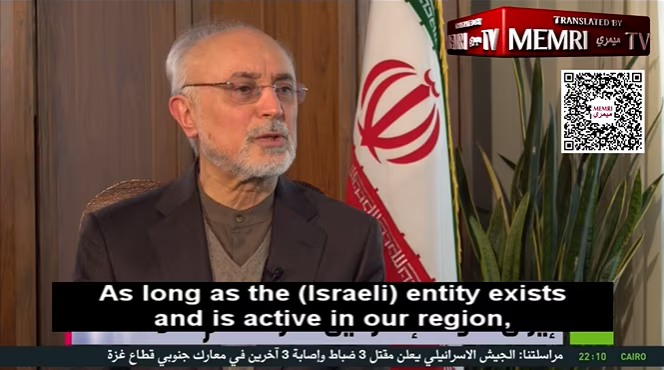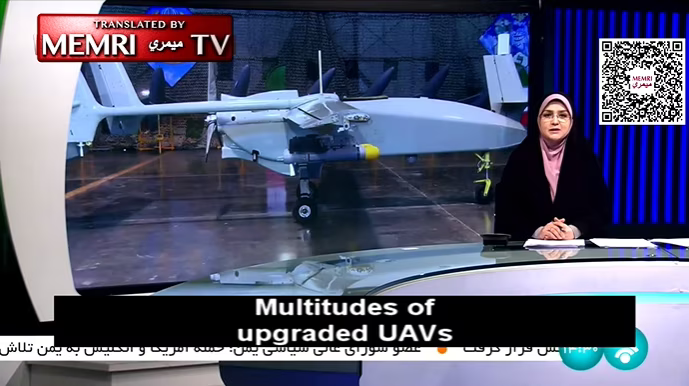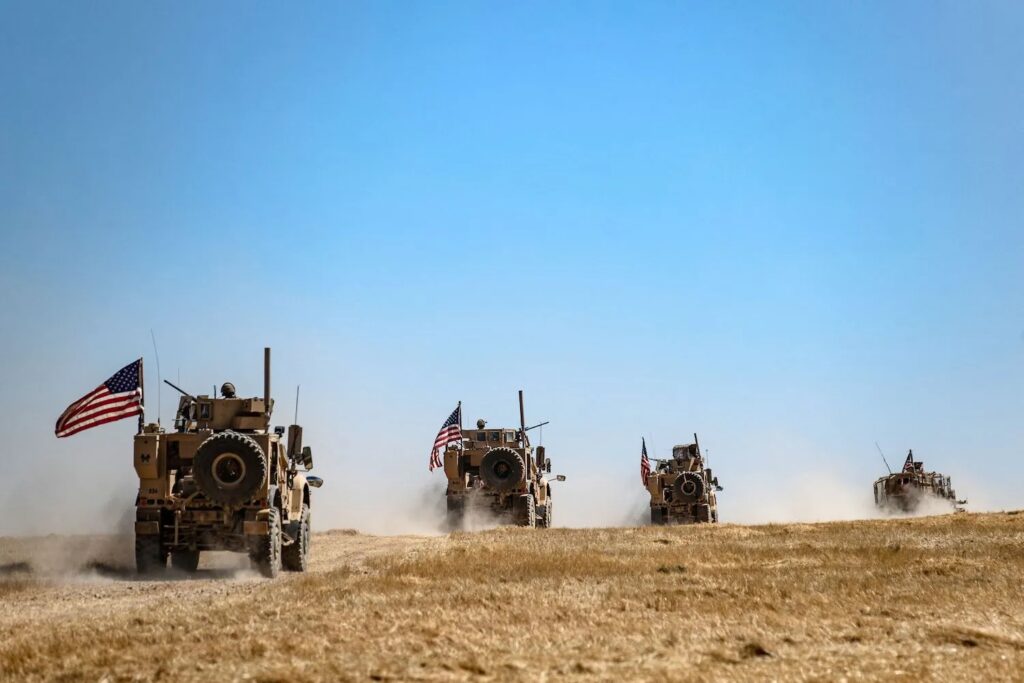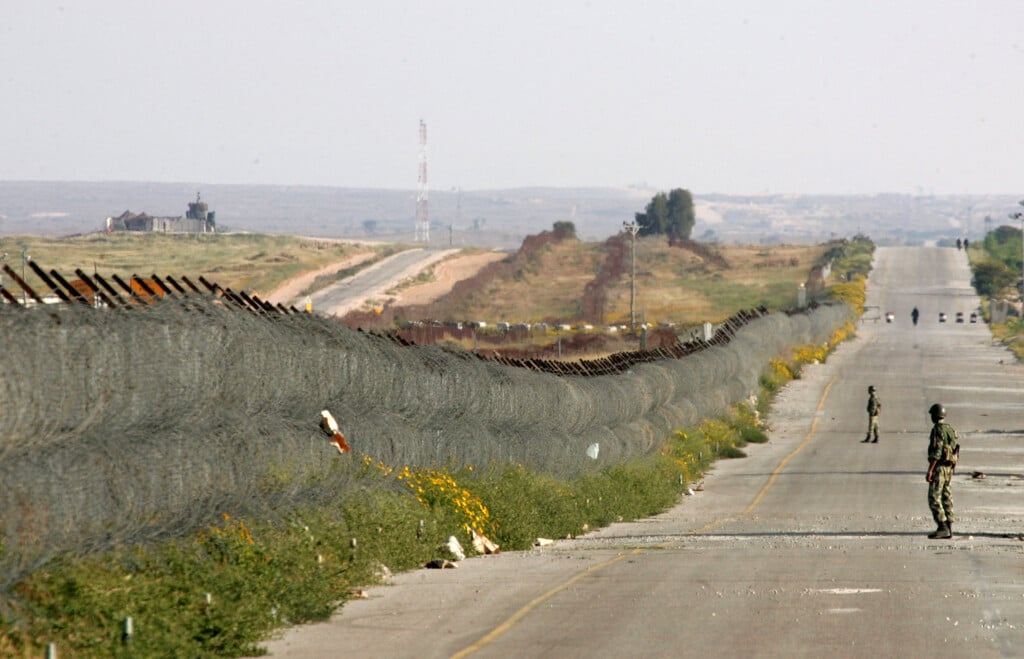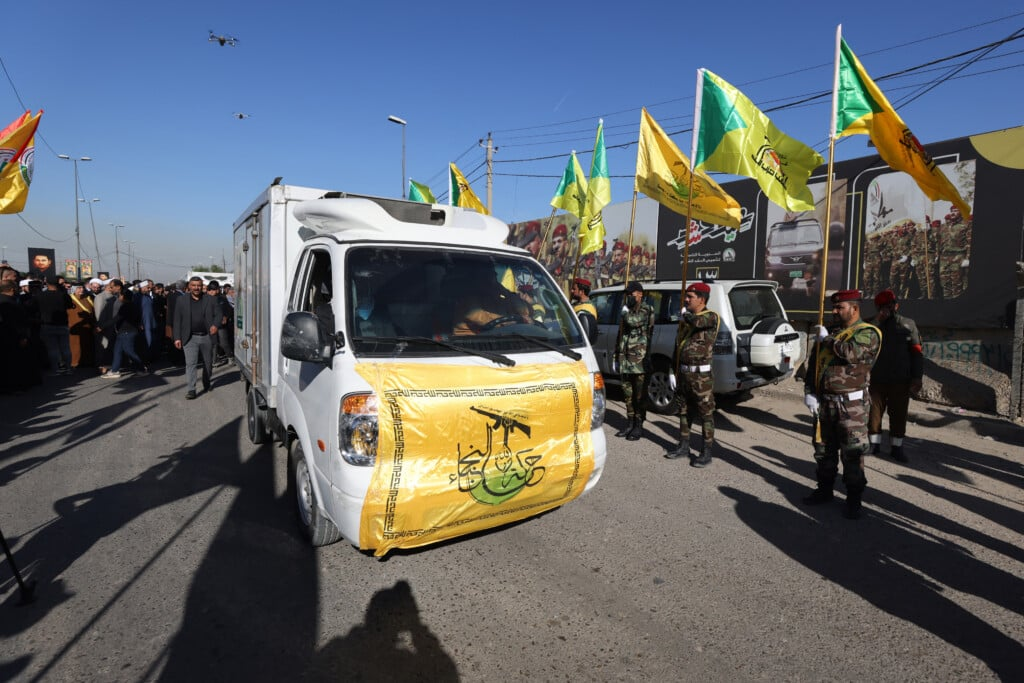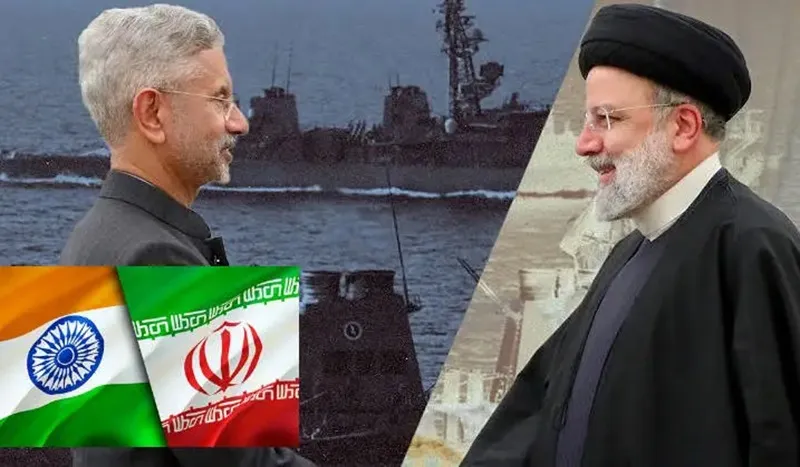Genocide in Gaza as an Opportunity: What Ben-Gvir Wants in the West Bank
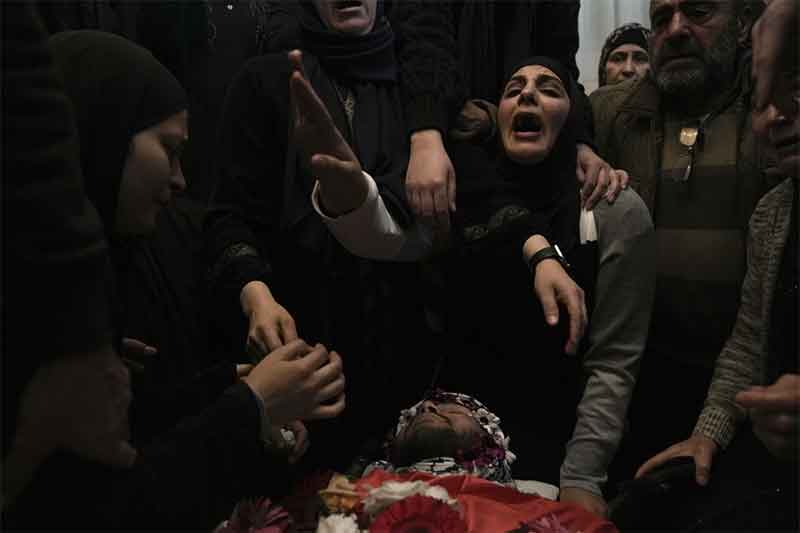
Relatives mourn 17-year old American Tawfiq Ajaq at his funeral in his family’s Palestinian home village Al-Mazra’a ash Shaqriya, West Bank, January 20, 2024. Ajaq was killed by Israeli fire. (AP Photo/Nasser Nasser)
If what is currently happening in the occupied Palestinian West Bank took place before October 7, our attention would have been completely fixated on that region in Palestine.

